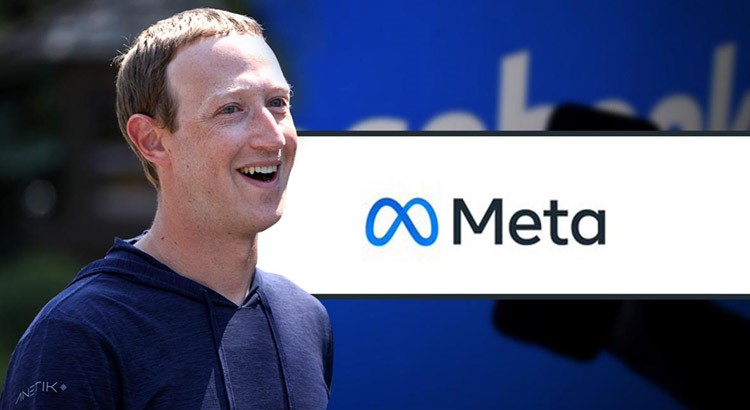Meta CEO Mark Zuckerberg has announced a significant shift in the company’s content moderation strategy: Facebook and Instagram will no longer rely on fact-checkers, instead introducing user-generated “community notes” to manage misinformation. According to the reports of Leaders team, this move aligns with Meta’s broader effort to prioritize user engagement and profitability but has sparked debate about its potential effectiveness and implications for public discourse.
A New Era of Moderation
The “community notes” feature, inspired by Elon Musk’s implementation on X (formerly Twitter), allows users to collaboratively provide context or corrections to posts flagged as potentially misleading. Zuckerberg views this as a way to decentralize fact-checking while giving users more control over the information they see.
Meta’s decision comes after years of criticism over how its fact-checking partnerships handled misinformation. By shifting to user-driven notes, Meta aims to encourage transparency and reduce accusations of bias.

Balancing Profitability and Responsibility
As per the sources of Leaders team, critics question whether the move prioritizes Meta’s bottom line over its responsibility to combat misinformation. CNN’s Brian Stelter noted that Meta’s decision appears to align with what it believes is best for profitability rather than public interest. The success of this model largely depends on the active and responsible participation of users, as well as the ability to prevent manipulation by bad actors.
The shift also comes amid Meta’s struggle to maintain user trust while navigating regulatory scrutiny and competition from platforms like TikTok and X. While “community notes” might appeal to free-speech advocates, it raises concerns about the potential for unchecked misinformation to spread.
The Uncertain Road Ahead
Whether Zuckerberg’s gamble will pay off remains to be seen. Skeptics argue that replacing professional fact-checkers with user-driven notes might compromise the quality and credibility of the platform’s information ecosystem. Supporters, however, see it as a democratization of content moderation, potentially fostering more nuanced debates and accountability among users.
As Meta experiments with this decentralized approach, the world will be watching to see whether it enhances trust in the platform—or adds fuel to the ongoing battle against misinformation.












